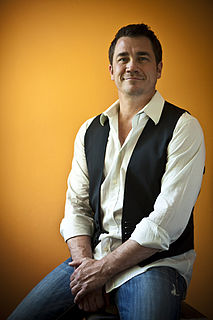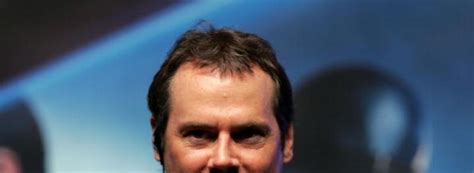A Quote by John le Carre
Like every novelist, I fantasise about film. Novelists are not equipped to make a movie, in my opinion. They make their own movie when they write: they're casting, they're dressing the scene, they're working out where the energy of the scene is coming from, and they're also relying tremendously on the creative imagination of the reader.
Related Quotes
Once you are shooting a movie, even if it's your own script, you have to let it go at a certain point. That's true for every film. It breaks up into phases where the thing that you have in front of you is the thing you have to address, and you can't worry about what you imagined a scene was going to like and that it came out differently, because that's what you have to make work.
I've begun to believe more and more that movies are all about transitions, that the key to making good movies is to pay attention to the transition between scenes. And not just how you get from one scene to the next, but where you leave a scene and where you come into a new scene. Those are some of the most important decisions that you make. It can be the difference between a movie that works and a movie that doesn't.
It's like you might have some great scene that you love but for some reason - and you can't necessarily put your finger on it - the movie's not working or it seems slow or ponderous in some way, and even though it has your favorite scene in there, actually the favorite scene is the culprit. That's the painful thing about editing, is trying to locate those things that are holding the movie back and then having the guts to cut them. And it is painful to do it.




































